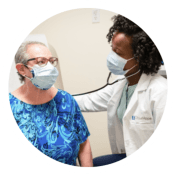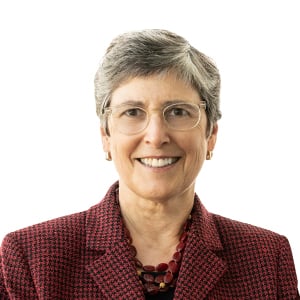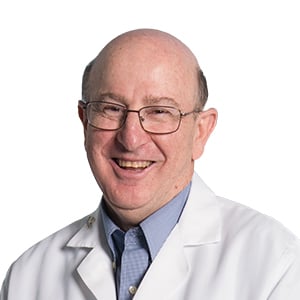Myelodysplastic Syndrome
Myelodysplastic syndrome is an umbrella term describing several blood disorders that begin in the bone marrow. People with MDS cannot produce the proper amount of mature, healthy blood cells in their marrow.
In patients diagnosed with MDS, blood cells do not mature. Instead, these abnormal cells are destroyed or take up space in the marrow cavity that normal cells typically occupy. This lack of healthy blood cell development leads to symptoms associated with MDS.
Myelodysplastic syndromes refer to blood disorders that affect approximately 10,000 people in the United States each year. Source: American Cancer Society
In about one-third of cases, it develops into leukemia but is a life-threatening condition on its own.
Myelodysplastic syndromes are a group of blood disorders with overlapping features — identifying its different forms is challenging — and since every patient’s disease looks different, getting an accurate diagnosis is essential. For these reasons, treatment at City of Hope begins with leading-edge diagnostics performed by world-renowned hematopathologists who are well-versed in understanding the entire spectrum of this disease.
Stem cell transplant is the only treatment that can cure myelodysplastic syndromes. City of Hope is a world leader in setting standards for stem cell transplantation and improving long-term outcomes for children and adults. Using innovative blood and bone marrow transplantation approaches to treat MDS has led our Hematologic Malignancies Research Institute to be considered an industry leader with unrivaled survival rates.
We are at the forefront of new therapies and have the technology to identify new potential targets for new drugs. And we offer access to a wide variety of myelodysplastic syndrome clinical trials not always available to the general public. Our latest research focuses on eliminating graft-versus-host disease in transplant patients and reducing the risk of MDS developing into leukemia.
When you come to City of Hope, you automatically access an unparalleled array of support services to help you and your family take each step in your myelodysplastic syndrome journey.

City of Hope is recognized internationally for research and breakthrough blood disorders and cancers treatments. Our Hematologic Malignancies Research Institute is one of the country's largest bone marrow and blood stem cell transplant centers, consistently producing some of the best outcomes.
Coordinated, Compassionate Care
City of Hope has an unmatched reputation for coordinated, compassionate care. For each patient, we bring together a broad array of expertise from multiple disciplines and offer leading-edge therapeutic options, including:
- State-of-the-art diagnostic tools
- Pioneering drug research and clinical trials
- Unique transfusion, transplant and chemotherapy options
For over a decade, U.S. News & World Report has named City of Hope one of the top cancer hospitals in America.

City of Hope is one of the few facilities designated a comprehensive cancer center by the National Cancer Institute.

Our developments in the areas of breakthrough cancer drugs, bone marrow transplants and CAR T cell therapy are recognized internationally.

Our leadership in research and innovation continually enhances our ability to provide novel and differentiated approaches to cancer care.

Brian Ball, M.D., is a hematologist-oncologist in the Department of Hematology & Hematopoietic Cell Transplantation at City of Hope.
Ryotaro Nakamura, M.D., is the Jan & Mace Siegel Professor in Hematology & Hematopoietic Cell Transplantation professor and a hematologist/oncologist at City of Hope.

Eileen P. Smith, M.D., chair of the Department of Hematology & Hematopoietic Cell Transplantation, leads City of Hope with her expertise in hematology and oncology.

Anthony Stein, M.D., is a hematologist-oncologist who specializes in treating and researching acute myeloid leukemia.
